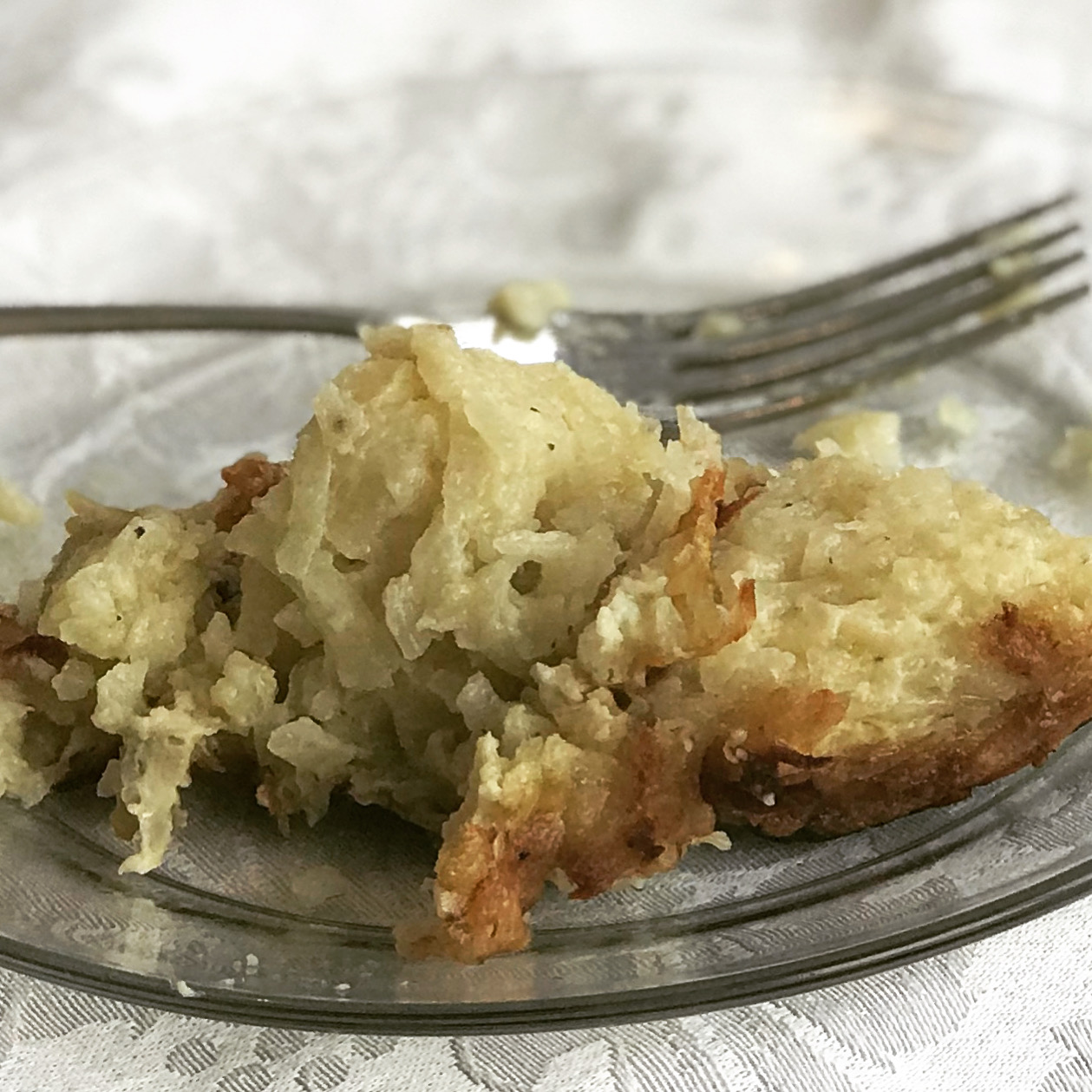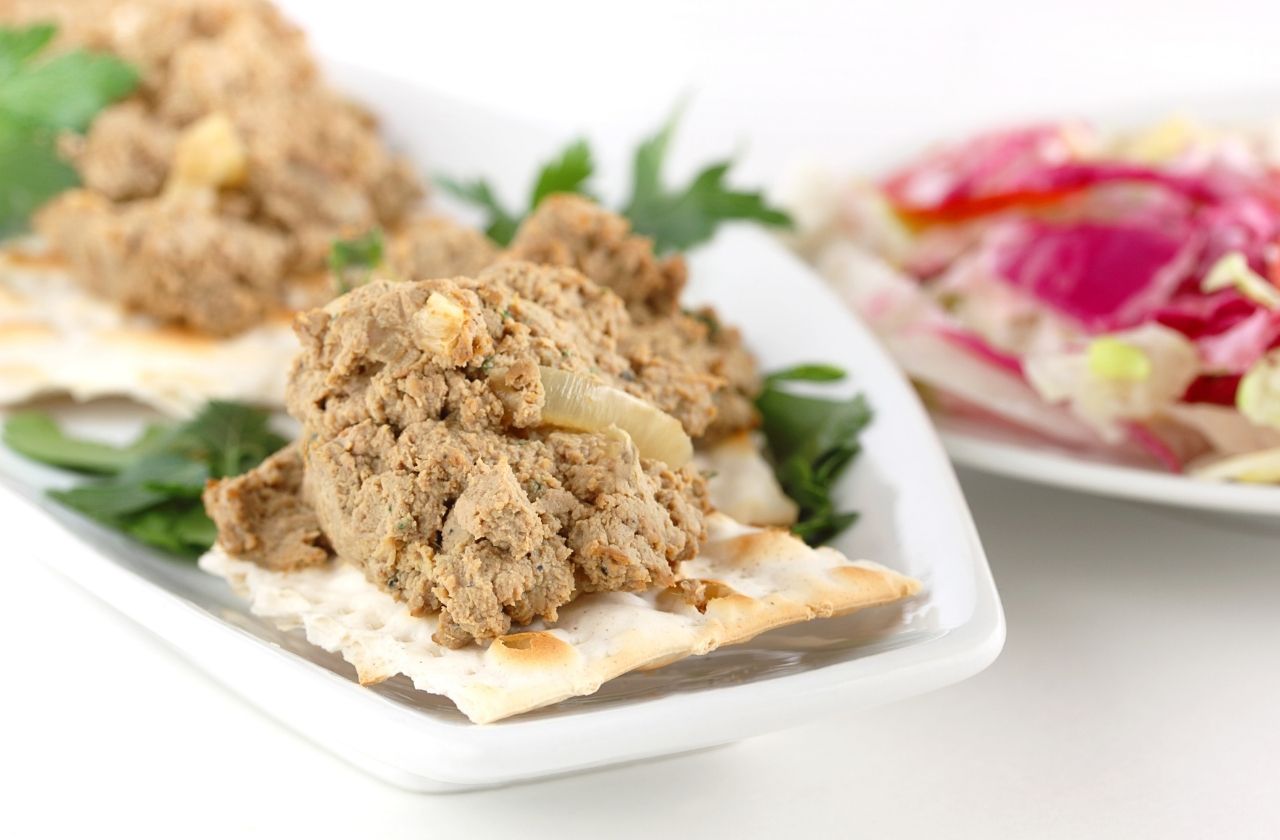Recipes for Your Body and Soul
The Shabbat table…keeping kosher…in Judaism food isn’t just about the body, its about something more.
by Shoshana Isaacson
UNORTHOBOXED Magazine Food Editor
Food and eating are an integral part of Jewish life. From the foods on the Shabbat table to the foods specific to each holiday, the gastronomy of the Jewish diet is as varied as we are a people. Of course, the laws of Kashrut are the fundamental basis of our daily diet, but there is something more. What and how we eat seems to hold a deeper meaning. We, like all living creatures, must consume nourishment to thrive. However, since Hashem infused us with a soul and intellect, we know that there must be more to eating than doing it for the sake of pure enjoyment.
In the Yom Kippur prayer of Al Chet, we ask for forgiveness for sins committed over the course of the year. Among the many things we ask to be forgiven for is “the sin which we have committed before You by eating and drinking”. By “eating and drinking” to excess? For the pleasure of eating and not nourishment to sustain oneself? Eating something unkosher? There are layers of thought here from the simple meaning of the words to the more esoteric and philosophical.
In the book Orchot Tzadikim (5:35) it says,
וזה הכלל יהיה לעולם בידך: אל ימלא אדם כל תאוותו מאכילה ושתייה, אך יאכל וישתה להעמיד גופו על בוריו, וימשוך ידיו מן המותר. ואל יאהב האדם את העולם כדי שיאכל וישתה ויהנה ממנו. וכן אמר אחד מן החכמים: אוכל למען אחיה. ואמר הכסיל: אחיה למען אוכל. ועל זה נאמר (משלי יג כה): “צדיק אכל לשבע נפשו, ובטן רשעים תחסר
“This is the general rule that should always remain with you: A man should not satisfy all of his desires in eating and drinking, but he should eat and drink enough to keep his body in a healthy state and should refrain from reaching for a surplus of food. A man should not love this world for the sake of eating, drinking and having pleasure. For example, the wise man says: I will eat in order to live. And the statement of the fool is: I will live in order to eat. And about this it is said (Proverbs 13:25): ‘The righteous man eats to his heart’s content, But the belly of the wicked is empty.’”
The feeding of our bodies through which we perform the mitzvot of Hashem then can be seen to be as important as the mitzvot themselves. We nourish our souls through prayer, with our personal connections to Hashem and by performing mitzvot. So to have the strength to do all of this we must provide our bodies with sustenance. Of course, that doesn’t mean we should eat bland mush or drink only tepid water. There is a balance that must be achieved.
In today’s world, the emphasis on body image is huge. Women starve themselves to achieve the currently accepted figure, often forgetting that each of us is unique and that each of our bodies metabolize foods differently. Every week it seems there is a “new” diet that will help you to shed your excess
weight; Keto, Paleo, Intermittent Fasting, to name a few. Some diets are founded in actual nutrition and others are bogus and extremely dangerous. What works well for one person will leave another struggling and disappointed. Some diets are recommended for helping people with specific conditions; the DASH diet (Dietary Approach to Stop Hypertension), the Low FODMAP diet (designed to ease irritable bowel syndrome), and one of the newest, The Immune System Support Diet (“Eating to Combat Covid”). It can be overwhelming and confusing for those that just want to eat the best diet to live their best life. Even depending on science can be confusing as there are new studies and insights about as often as there are new fads.
As we use the teachings of Torah and halacha to guide our lives and our behavior, we can also apply them to how we physically exist. As we learn and grow with Torah knowledge, we can learn about our bodies and their needs. If the goal is to have the fortitude to be a better person in mind and body, then the best thing we can do is find the nutritional plan that works best for each of us individually. A Torah way of looking at this would be to take the Rambam’s explanation of the mida beinonit, loosely inferred to mean “everything in moderation”.
That being said and accepted, there is no reason why we can’t take our diet one step further and apply modern nutritional thought to the foods we love. Our need to enjoy what we partake of is not wrong, but we should work to ensure that the fuel we ingest will sustain us physically and help us to achieve our spiritual goals.
Some of us abstain from eating traditional foods because of the fear that these foods will cause us to “break” our diet. Or in the case of someone with a physical reason for not eating a specific food, they long for what they feel they can no longer eat. Thank God, we live in a world with access to an abundance of fresh foods. With a little ingenuity, the recipes of our heritage can be recreated in ways that fit into our modern lifestyles and specific dietary needs. This can be as simple as reducing the amount of sugar or fat in a recipe or replacing animal-based protein with a plant-based alternative. Another way to bring a recipe into the modern world is to use more whole, and less processed, ingredients. Below are a few traditional recipes in the original form and then in variations reflecting today’s modern dietary thoughts. Enjoy them in either rendition. Use the nourishment to lift you up both physically and spiritually.
In numerous homes, it wouldn’t be Shabbat without potato kugel. Crisp and golden brown on top, it has a warm, creamy, salty, and slightly peppery flavor. Often a balabusta (homemaker) will make two potato kugels: one for her family to sneak tastes of before Shabbat begins, and one to serve with the meal.
Sharon’s Shviger’s Potato Kugel
parve or meat (Traditional Eastern European, happens to be Gluten Free)
Ingredients
- 5 lbs Yukon gold potatoes
- 1 large onion
- 6 eggs beaten
- ½ cup oil or chicken fat
- 1 to 2 teaspoons salt

Step by Step Instructions
Step 1
Preheat the oven to 450F.
Step 2
Peel and grate the onion then the potatoes (since potatoes oxidize quickly, grate them last).
Step 3
Add the remaining ingredients and combine well.
Step 4
Pour into a 9” x 13” pan and place in the hot oven.
Step 5
When the edges start to brown, reduce heat to 400F.
Step 6
The kugel is done when the top is golden brown and feels firm when pressed.
For many today, eating a lower carb diet or one with a lower glycemic index is important. The following recipe is so close to the taste of potato kugel that you might even fool your family.
Cauliflower Kugel
(parve, gluten free & low carb)
Ingredients
- 5 lbs checked & riced cauliflower (squeeze out as much excess liquid as possible)
- 2 yellow onions, grated
- 6 eggs
- 1/2 cup oil (grapeseed, olive, any will do)
- salt & pepper
- dill (optional)

Step by Step Instructions
Step 1
Preheat the oven to 450F
Step 2
Check and rice the cauliflower.
Step 3
Peel and grate the onion.
Step 4
Add the remaining ingredients and combine well.
Step 5
Pour into a 9” x 13” pan and place in the hot oven.
Step 6
When the edges start to brown, reduce heat to 400F.
Step 7
The kugel is done when the top is golden brown and feels firm when pressed.
Note:
Making the above recipe using 2 ½ lbs riced cauliflower mixed with 2 ½ lbs grated potato will still be lower carb and will hide the cauliflower flavor for less experimental eaters



